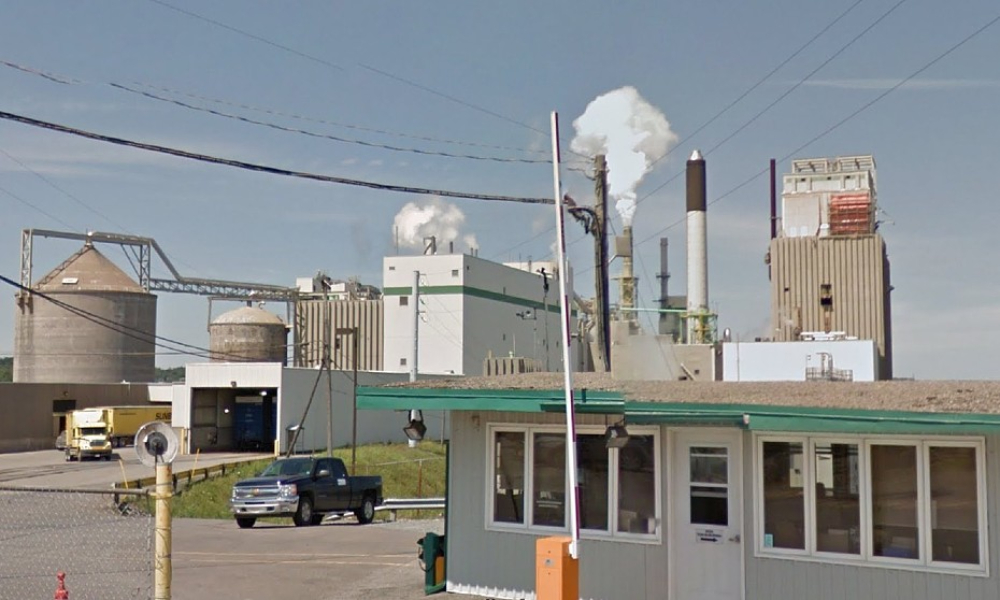Relapses, breaches made it too risky to continue working

A New Brunswick worker’s continued alcohol issues became too much for his employer to be expected to continue accommodating him, an arbitrator has ruled.
Relapses, breaches made it too risky to continue working

A New Brunswick worker’s continued alcohol issues became too much for his employer to be expected to continue accommodating him, an arbitrator has ruled.